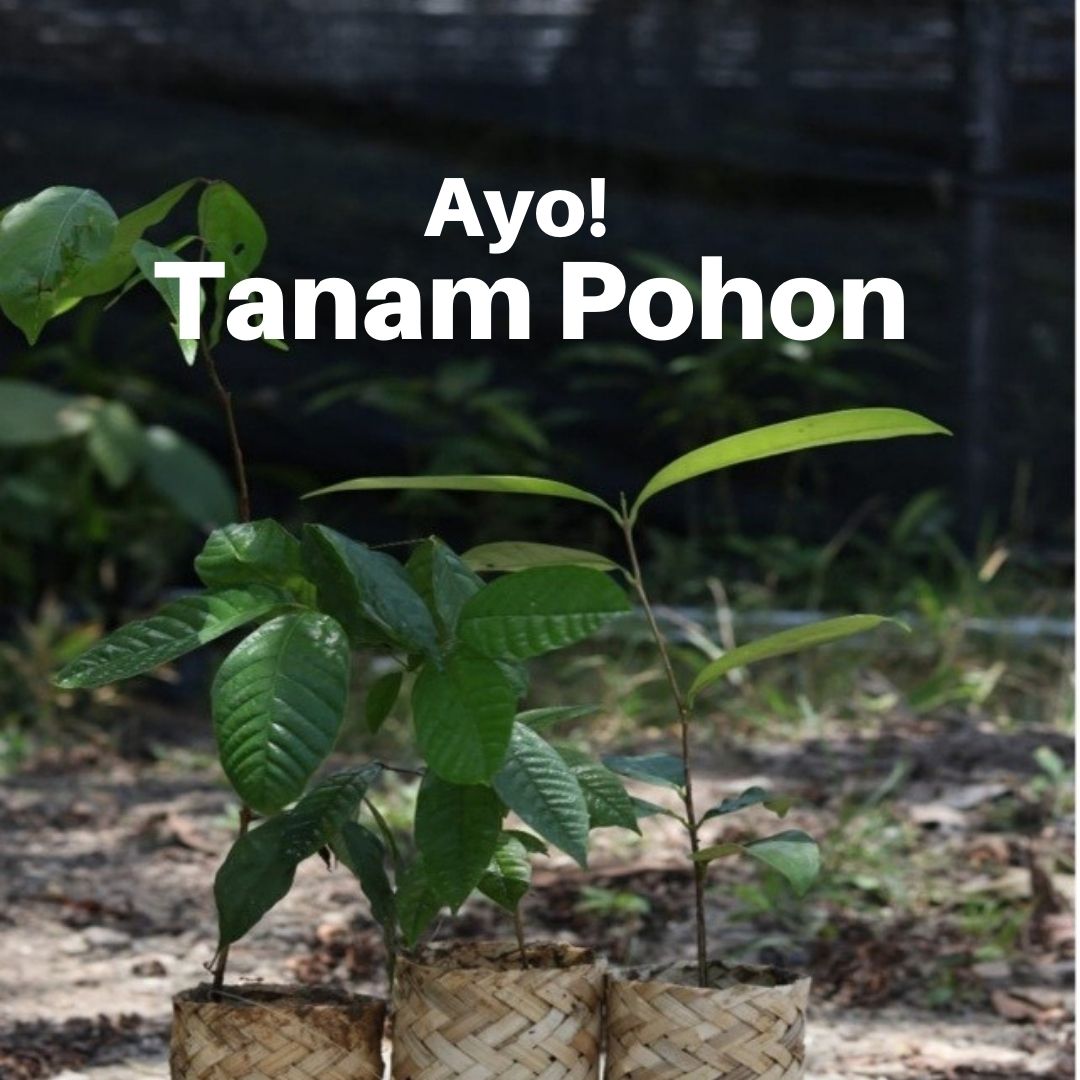The Ministry of Environment and Forestry (KLHK) is integrating geolocation information into various forest product information systems. This step will strengthen the traceability of wood products while also fulfilling the requirements stipulated in the European Union’s anti-deforestation regulations (EUDR).
Acting Director General of Sustainable Forest Management at KLHK, Agus Justianto, explained that geolocation information has become part of the Timber Legality Verification and Sustainability System (SVLK). Geolocation information indicates where the wood product originate.
This geolocation information will be integrated into various forest product utilization systems managed by KLHK, such as the Forest Utilization Business Control Information System (SIPASHUT), the Forest Product Administration Information System (SIPUHH), the Raw Material Utilization Plan Information System (SIRPBBPHH), and the Timber Legality Information System (SILK).
“Moreover, it can also be integrated with importers if necessary. This is what we continue to develop,” said Agus during the Public Consultation on the Draft of IFCC-EUDR Standards in Bogor, on Tuesday, March 19, 2024.
The presence of geolocation information will assist SVLK-certified wood products in the due diligence process to enter the European Union market. Due diligence requirements are stipulated in the EUDR, which will come into effect on January 1, 2025.
EUDR filters wood products and six other commodities (soybeans, livestock, coffee, cocoa, palm oil, rubber) sourced from deforested areas or causing forest degradation.
Agus said, SVLK Indonesia has actually received recognition from the European Union and is equated with FLEGT licenses (Forest Law Enforcement, Governance and Trade). EUDR, he continued, also acknowledges FLEGT licenses as stated in Paragraph 81 of the regulation.
Furthermore, Agus emphasized that Indonesia continues its efforts to reduce deforestation and forest degradation. This is evidenced by the continuous decline in Indonesia’s deforestation and forest degradation rates in recent years. This achievement has also been recognized, among others, by the World Resources Institute Global, which in January 2024 ranked Indonesia as the first country to successfully reduce deforestation and forest degradation rates.
Regarding the development of IFCC-EUDR certification, Agus emphasized that as a voluntary scheme, IFCC-EUDR certification must still comply with legality aspects according to SVLK. “Voluntary certification must ensure that all SVLK criteria and indicators are met in the issuance of voluntary certificates,” he said.
Chairman of the IFCC (Indonesia Forestry Certification Cooperation) Founding Board, who is also a Member of the Programme for the Endorsement of Forest Certification (PEFC) Board, Dradjad H Wibowo, stated that they are currently developing certification to anticipate the implementation of EUDR. “We have experience. Our initiative to develop the IFCC-EUDR scheme is expected to help Indonesian products be accepted by the European Union,” he said. ***




